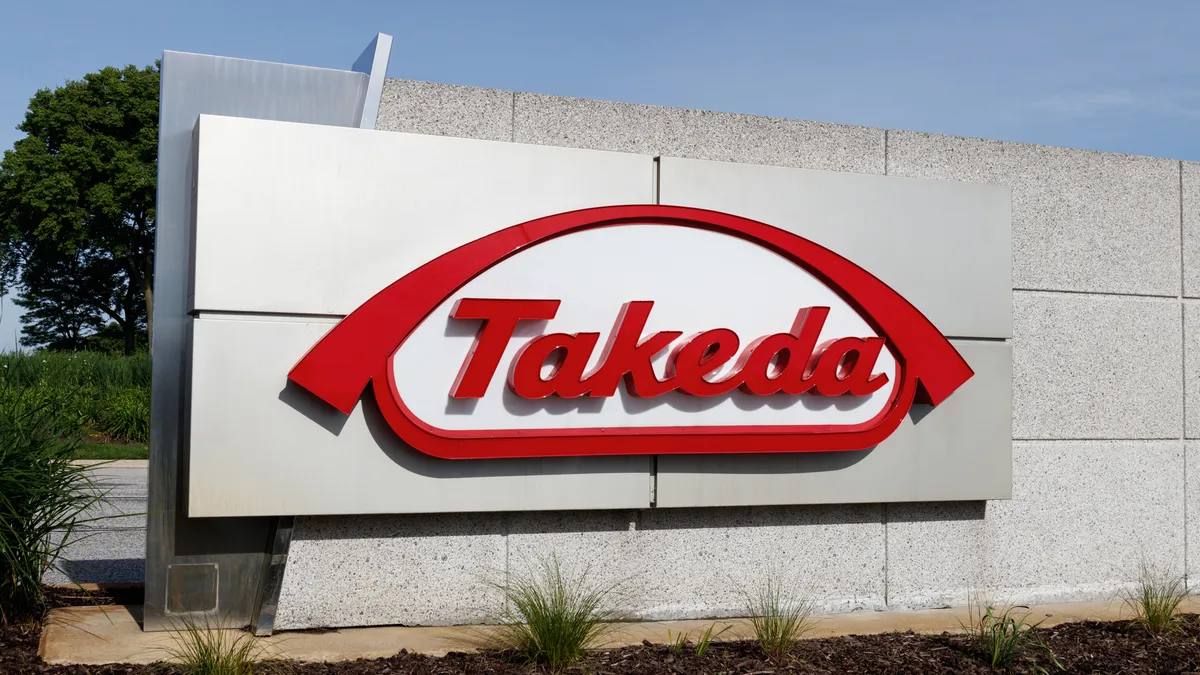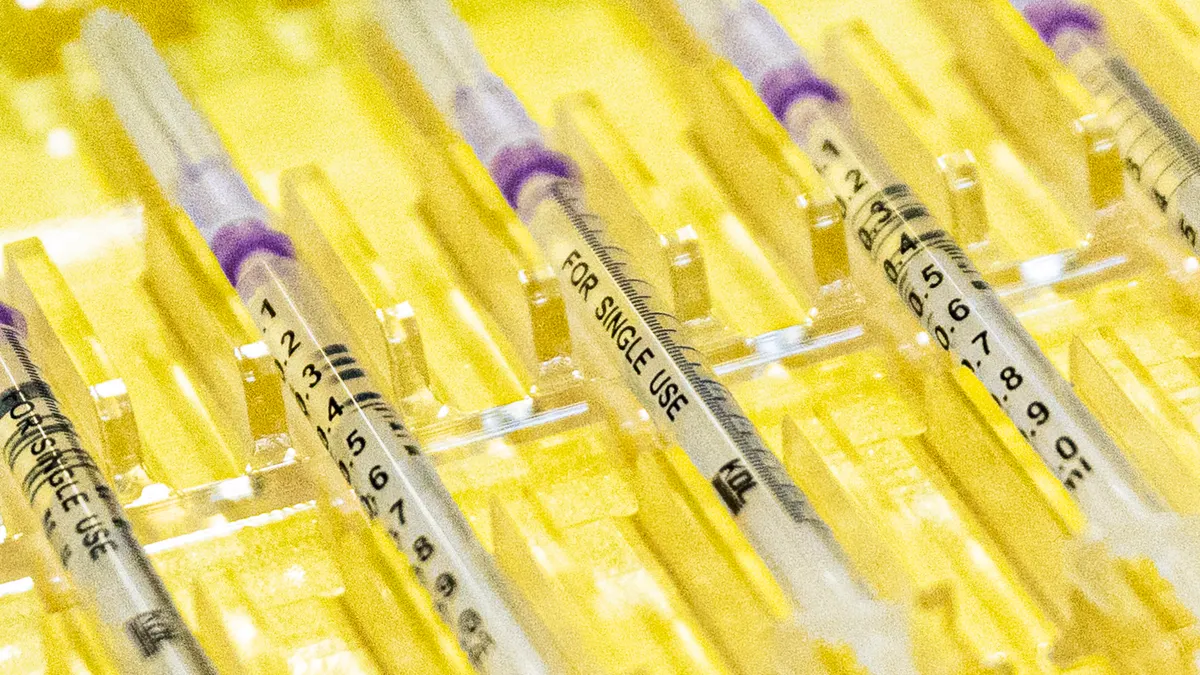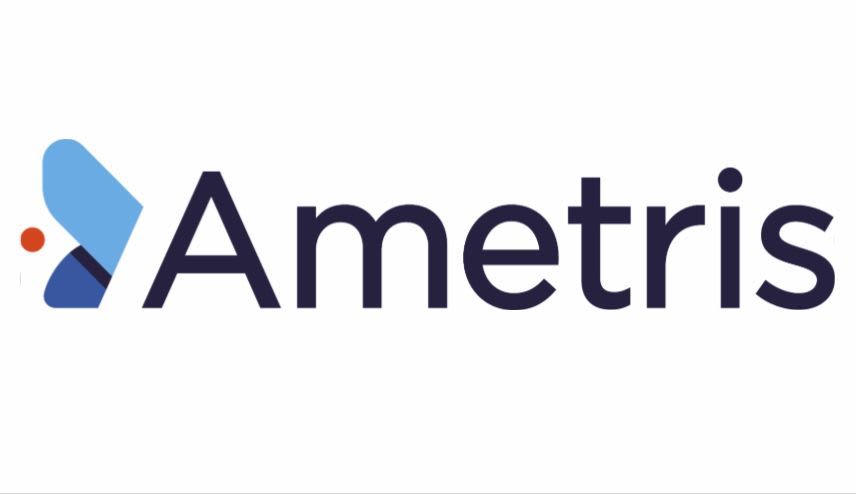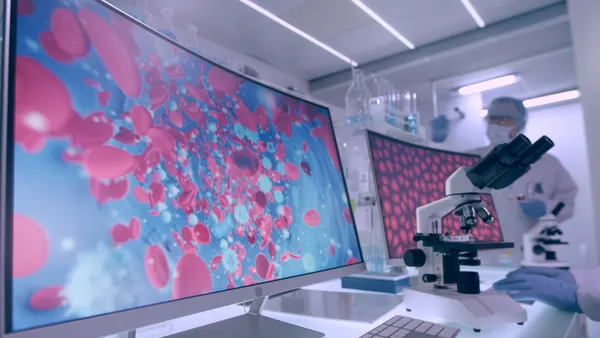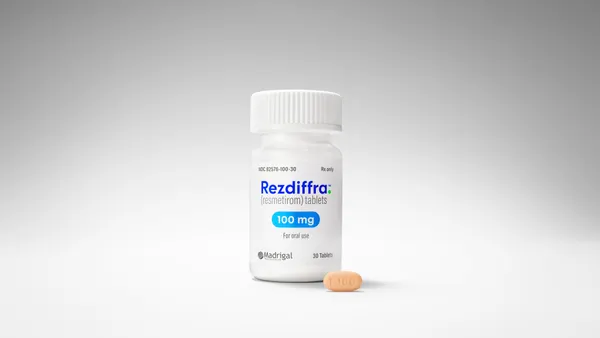When Heather Dean took over Takeda’s hematology franchise in November 2020, she inherited a struggling billion-dollar portfolio. Luckily, she has a reputation as a “fixer.”
“I think a lot of people were feeling sort of downtrodden that our business was in a decline,” she said. “But quite honestly, it’s normal based on the place our portfolio was in from a lifecycle perspective.”
Dean couldn’t stop competitors from coming to market. But what she could do was help her team maintain current business and “continue to show up for the patients who have counted on us for decades.”
“What I feel really proud about is that I helped turn that team around from a mindset perspective,” she said. “I had … to think more about how to optimize our business and make adjustments such that the people we serve don’t feel any different in our level of support or resourcing for them.”
She also turned it around from a business perspective. In addition to leading profit and loss for an eight-product hematology franchise, she played a role establishing a worldwide license and collaboration agreement between Takeda and Protagonist Therapeutics to develop and commercialize rusfertide, which is in a pivotal late-stage trial for the treatment of the rare blood disorder polycythemia vera.
“We can now continue in the hematology space to deliver [for] the patients we’ve served for so many years,” she said. “It’s that idea of making the best of the situation we’re in and also securing new opportunities for people from a growth perspective.”
Now she’s applying those experiences and perspectives in her latest role as senior vice president and head of Takeda’s neuroscience business unit.
The company’s up-and-comers
She took on the role in July 2023 as Takeda was at an inflection point in the neuroscience arena. Takeda’s blockbuster ADHD medicine Vyvanse had just lost patent exclusivity after halting a promising narcolepsy trial because of liver injury in 2021.
In taking over the space, Dean saw that the pipeline of products for narcolepsy and epilepsy could fill a significant unmet medical need. Whereas Takeda’s current neuroscience products address conditions with large patient populations, such as ADHD and major depressive disorder, and include the extended-release version of the household-name brand Adderall, much of the company’s current pipeline focuses on rarer conditions.
“Within sleep-wake disorders, there [are candidates for] different forms: Narcolepsy type one, type two and idiopathic hypersomnia,” Dean said. “Within epilepsy, there are two very rare forms that we are studying. One is called Lennox-Gastaut syndrome and the other one is Dravet syndrome, and both of these are considered within the rare disease space.”
For instance, Takeda’s pipeline includes the first-in-class seizure treatment soticlestat, a phase 3 candidate with orphan drug designation that it licensed from Ovid Therapeutics for Dravet syndrome and Lennox-Gastaut syndrome. The company plans to file for regulatory approval in each of these conditions this year, according to an expected timeline.
“I’m excited to leverage the experience we have in neuropsychiatry ... and look at our next horizon of understanding those patient and caregiver insights within rare epilepsy and narcolepsy."

Heather Dean
Senior vice president, head, Takeda neuroscience business unit
Its later stage narcolepsy candidates include TAK-861, which was found earlier this year to be safe and effective at improving wakefulness in a phase 2b trial in patients with narcolepsy type 1. The company said it planned to move quickly into phase 3 trials this year.
For Dean’s marketing and sales teams within neuroscience, the challenge will be applying Takeda’s current mass market approach in disease states like major depressive disorder to smaller patient populations.
Doing so will require “thinking about how we can build capabilities in a rare and rare-like space to make sure patients and caregivers within those communities don't feel like they're being resourced and supported in a ‘rare’ way [but] that they are fully being supported for all of their needs.”
“I’m excited to leverage the experience we have in neuropsychiatry to get into this next space and look at our next horizon of understanding those patient and caregiver insights within rare epilepsy and narcolepsy,” she said.


